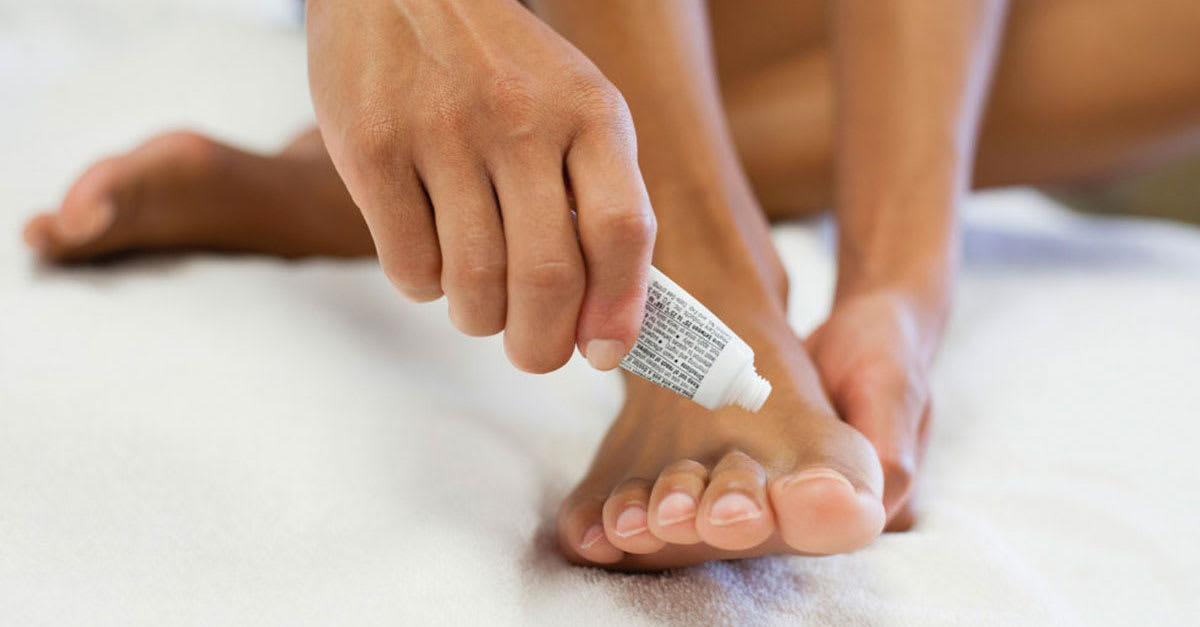Which Essential Oils Are Antibacterial and Antifungal? Terrific Health Solutions with Technology
In recent years, the surge in interest around natural health remedies has led to a boom in the use of essential oils. Among their many touted benefits, essential oils are especially revered for their antibacterial and antifungal properties. But which essential oils are antibacterial and antifungal?
Health-conscious consumers, you're in the right place! Essential oils offer a natural alternative to synthetic medications, and many people are delighted by their effectiveness in preventing bacterial and fungal infections. In this article, we will explore the science behind the effectiveness of these essential oils, and help you decide which ones are best for your health needs. For more natural remedies, check out how to cut aloe vera leaf for gel here.

Understanding the Benefits of Antibacterial and Antifungal Essential Oils
Let's dive into the tremendous world of essential oils and uncover which ones can help keep those pesky microbes at bay. Essential oils have been used for centuries in various cultures for their medicinal and therapeutic properties. The modern technology available today allows us to extract these oils more efficiently and effectively, making them more potent than ever. Learn more about their origins in natural aloe.
Antibacterial essential oils are known for their ability to kill or inhibit bacterial growth, making them incredibly useful in treating and preventing infections. Similarly, antifungal essential oils prevent the growth of fungi, which can cause illnesses ranging from mild skin infections to more severe systemic diseases.
Basil Oil: A Powerhouse of Antibacterial Properties
One of the most potent antibacterial essential oils out there is basil oil. Known for its strong, sweet, and slightly peppery aroma, basil oil has been used traditionally in Ayurveda and other ancient medicinal practices.
The active compounds in basil oil, such as linalool and eugenol, have been shown to possess significant antibacterial activity. These compounds help inhibit the growth of bacteria such as Staphylococcus aureus and Escherichia coli. Want to learn more about the benefits of basil oil? Check out this comprehensive study for detailed insights.
Tea Tree Oil: The All-round Antifungal Solution
Another essential oil offering tremendous antifungal properties is tea tree oil. Often referred to as a 'medicine cabinet in a bottle,' tea tree oil is derived from the leaves of the tea tree plant, native to Australia. This oil is widely recognized for its powerful antifungal, antiviral, and antibacterial properties. For more insights into holistic remedies, explore the secret of Reishi mushroom coffee.
Components such as terpinen-4-ol and alpha-terpineol make tea tree oil extremely effective against fungal infections like athlete's foot, nail fungus, and other skin conditions caused by fungi.
Oregano Oil: A Versatile Antimicrobial Agent
Oregano oil is another strong candidate in the list of antibacterial and antifungal essential oils. Its high content of carvacrol and thymol are potent antimicrobial agents. Oregano oil has been found to inhibit various bacterial strains and has also been effective against certain fungal infections. Learn more about the scientific background of oregano oil by visiting this research article.
Lavender Oil: More Than Just a Stress Reliever
Lavender oil is often viewed primarily as a soothing and calming agent, but its antimicrobial properties should not be overlooked. Thanks to compounds like linalool and linalyl acetate, lavender oil has shown effectiveness against a variety of bacteria and fungi. Its floral fragrance also makes it a popular choice for skincare and aromatherapy. If you're interested in another natural skin remedy, check out how to use aloe vera gel for eczema here.

How to Use Antibacterial and Antifungal Essential Oils
Knowing which essential oils are antibacterial and antifungal is just one part of the equation; understanding how to use them correctly is equally important. Here are some methods:
Topical Application
Many essential oils can be applied directly to the skin, but it's crucial to dilute them with a carrier oil like coconut or jojoba oil to avoid irritation. Always perform a patch test before widespread application.
Inhalation
Aromatherapy, use a diffuser or simply inhale the essential oil directly from the bottle. This method is especially useful for respiratory issues.
Internal Use
Some essential oils can be ingested, but this should only be done under the guidance of a qualified healthcare provider as ingestion can sometimes be risky. Ensure you also understand the differences in hygiene products like loofah vs. washcloth for comprehensive health care.

Precautions When Using Essential Oils
While essential oils offer tremendous benefits, it's essential to use them responsibly. Here are a few precautions:
- Always dilute essential oils with a carrier oil before applying them to the skin.
- Never ingest an essential oil without consulting with a healthcare provider.
- Keep essential oils away from children and pets.
- Store essential oils in a cool, dark place to maintain their potency.
Conclusion
In summary, various essential oils like basil, tea tree, oregano, and lavender offer tremendous antibacterial and antifungal properties. By harnessing the power of modern technology, these oils can provide significant health benefits, acting as natural alternatives to synthetic medications. Always remember to use them responsibly and consult a healthcare provider for any concerns.
FAQ
1. Can I use essential oils directly on my skin?
No, it's recommended to dilute essential oils with a carrier oil before applying them to your skin to avoid irritation.
2. Are essential oils safe for children?
Most essential oils should be used with caution around children. Always consult a healthcare provider for age-appropriate recommendations.
3. How do I store essential oils?
Store essential oils in a cool, dark place to maintain their potency and extend shelf life.
For more information, visit the detailed study on the benefits of essential oils.
As an Amazon Associate, I earn from qualifying purchases.

